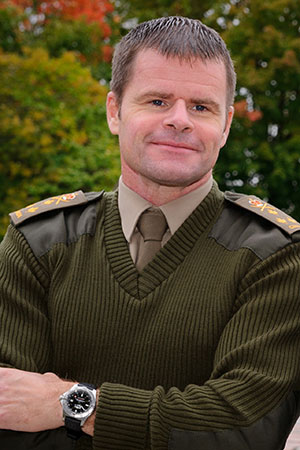ArmyRick
Army.ca Veteran
- Reaction score
- 3,706
- Points
- 1,040
Agreed. Kit and Quarters, drill should be limited to basic (That also needs a re-vamp IMO)Yeah, I think a lot more could be done on the conventional side for training.
I don't know so much as a mini selection or watered down selection simply because they aren't trained troops yet - and while you can included aspects from those - I think the biggest gain is tailoring the courses to a modern and practical desired outcome.
Personally I saw a LOT of wasted training time on courses - I also think a lot of archaic stuff needs to be stripped from the syllabus.
Part of the issue (in my opinion) is the system is really bad at acknowledging the reasons that certain things where added.
Frankly I'd launch pretty much all kit and quarters stuff out the window - it was designed to teach attention to detail, and these days that time could be much better used to teach that in a relevant way.
Foot and rifle drill I'd par down to a skeleton.
I'd start weapons training with the pistol - its harder to shoot better (weight to trigger ratios) and also requires much better safety disciple - plus pistols and pistol ammo is cheaper
Bayonet training would be gone, but more medical and comms training, as well as general weapons proficiency.
I think you could get a significantly more skilled soldier in less time by revamping the method.
More to follow -
I was teaching CQC basic on DP1 Inf Reg course, I feel that should go to basic.
I like the emphasis on pistol shooting. On that note, if we had the cash, I think all infantryman should carry a sidearm.
Also teaching brigade structures and theory (and even infantry battalion) was really a lot of blah, blah, blah memorize this for a written PO check then forget type of idea for the troops.
Small arms lessons were valuable. Range time was valuable.
I remember when CWO (now retired) Parrell encouraged us to take BASIC infantry candidates through the newly built kill house resulted in alot of standards and other office dinosaurs freaking out. WE did it. Not a single casualty. not even close. The UOI did a great job.





